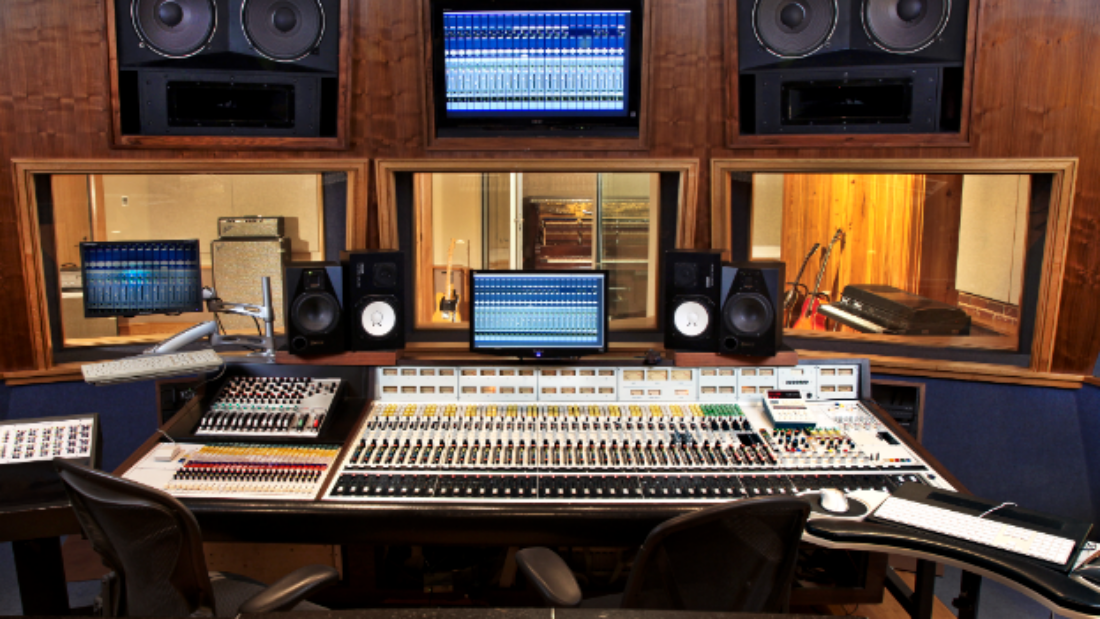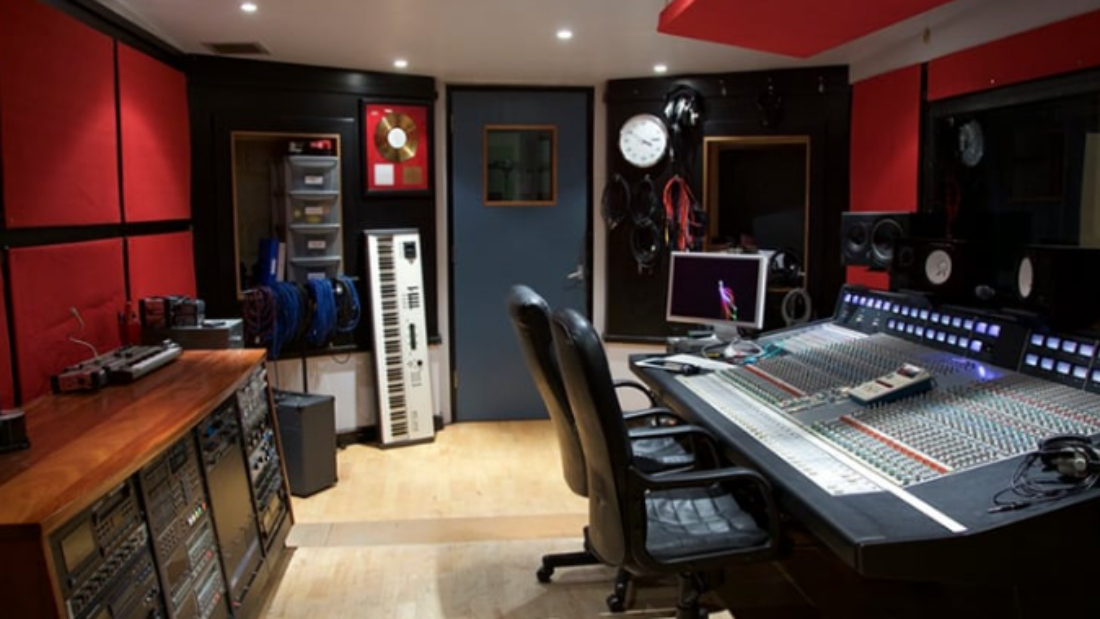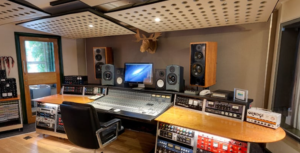Have you ever thought about becoming a recording engineer or producer? If yes, then you might want to check out these jobs. These positions are usually associated with music production, but they also include other aspects such as sound mixing and mastering.
A recording studio is where musicians come together to create their songs. The engineers play a huge role in creating great-sounding recordings. They also manage the equipment and ensure quality output.
As a recording engineer, you’ll need to master various skills such as audio engineering, mixing, multi track editing, and mastering. There are even some specialties within each job position. For example, mixers typically focus on adding sounds to tracks, whereas engineers who specialize in mastering take care of the final product. Some studios offer courses to prepare students for the careers they pursue.
Audio Engineer. 
This position requires an applicant with experience working in a professional studio setting. The duties include:
- Using multi-track software like Pro Tools, Cubase, Logic, etc., to make mixes.
- Creating different effects such as reverb, delays, and equalizers.
- Making sure that everything sounds good by using EQs, compressors, and limiting devices.
- Mixing instruments, vocals, and any other sounds into one main track.
Sound Designer.
As the name suggests, this job involves designing soundscapes and sounds. In addition to applying sounds (e.g., beats, drums, guitar), designers work closely with producers to add ambiance, atmosphere, and emotion to the song.
Assistant Engineer.
This person’s responsibilities often overlap those of the audio engineer, including mixing, editing, and troubleshooting. However, assistant engineers may deal with more specific tasks like tracking sessions.
Mastering Engineer.
A mastering engineer takes all the information from the recording session (including vocals, guitars, basses, keyboards, percussion, drum samples, etc.) and creates one cohesive piece of music. This process can be very time-consuming. It includes making decisions regarding volume levels, EQs, compression settings, and other parameters so that the listener will enjoy the final product. Even though this position doesn’t require much technical knowledge, it does require excellent listening abilities.
Producer.
Producing means taking responsibility for both the creative and business end of a project. Most producers have extensive musical backgrounds. They create instrumental arrangements, write lyrics, and choose which songs should feature on the album and how they should be mixed.
Recordist/Mixer/Recording Technician.
A recordist mixes live performances. He or she works closely with the band while monitoring the performance. Afterwards, he or she records the vocalist’s singing along with the instruments. He or she makes sure that everything sounds professional.
Audio Technician.
An audio technician is responsible for fixing and maintaining the studio equipment. He or she ensures that every part of the studio is functioning properly. He or she must know when something needs repairing or replacing.
Assistant Musician.
Typically, musicians hire assistants to help them practice at home and play their instruments. Assistants also assist the musician during rehearsals and gigs.
Recording Technician.
A recording technician helps set up microphones and instruments, monitors the performance, and runs the recording system. He or she has to understand how to operate the equipment so that the artist feels comfortable.This one of the most important jobs in the whole studio.
Drummer .
Drummers are responsible for creating the beat and keeping the rhythm of a song steady and consistent throughout the entire song. Drummers usually have an understanding of instruments such as piano and guitar to create a full arrangement of the song.
Keyboard Player.
A keyboard player plays the parts written by the composer on the instrument. She or he may use an electric piano, organ, synthesizer, or even a digital piano. The most important thing about playing the keyboard is knowing the notes. Knowing the notes allows the performer to play what was initially written by the composer. For example: If you’re playing the piano, each note is played with your hands. You need to know how to play each hand separately because there are 88 keys on a standard piano that allows a pianist to play any chords on the piano.
Guitar Player.
A guitarist uses his or her fingers to pluck strings on an acoustic or electric guitar. One of the main things a guitarist needs to know is where to place his or her fingers on the neck of the guitar. Different positions on the neck of the instrument dictate different types of sounds.
The Bottom Line.
There are many jobs in the world of music but to get started, you’ll have to consider the type of career path that you want to take. Choosing your field of work will determine the job responsibilities and skills required to find employment in the industry.Online Casinos also offer high paying jobs so be sure to check them out .







